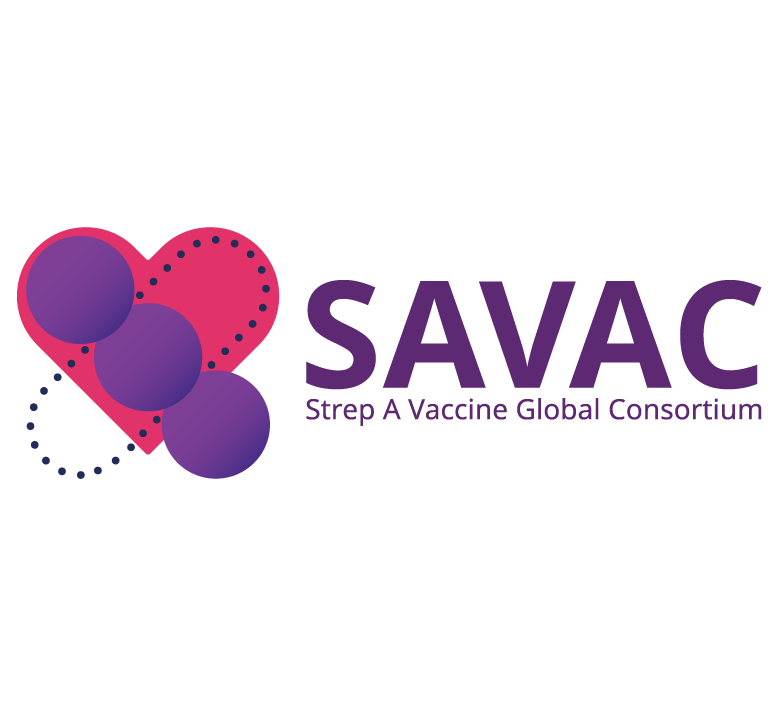Search
Research
PLAYCE Cohort Study: Moving well for optimal child health and developmentThe PLAYCE Cohort was established to investigate how movement behaviours change over early to late childhood, across key behaviour settings and relationships with health and development
Research
Predicting long term lung health outcomes in young adults born very preterm (WALHIP 19 year old follow-up)This study will conduct a detailed lung health assessment in a follow-up of a group of preterm individuals at 19 years of age.
Research
Preparing for prevention: Assessing the community awareness of RSV and other childhood infectionsRespiratory Syncytial Virus (RSV) is one of the most common reasons babies are admitted to hospital – with Aboriginal and preterm infants at greatest risk.
Research
Preterm Paediatric Inhaled Corticosteroids Intervention (PICSI)Understanding if ongoing inflammation in the lungs contributes to the poor lung health experienced by some children who were born preterm.
Research
RHD ActionRHD Action is the name given to the global movement to reduce the burden of rheumatic heart disease (RHD) in vulnerable populations of all ages throughout the world.
Research
SITting with communities to SToP skin infectionsAsha John Jonathan Marianne Bowen Jacky Carapetis AM Mullane BA MBBS DCH FRACP PhD GAICD FAHMS OAM AM MBBS FRACP FAFPHM PhD FAHMS BSc (OT) Head,
Research
Consultation to Translation: Evaluation of an environmental health video to promote the role of environmental health activities for healthy skinAsha John Jonathan Marianne Bowen Jacky Carapetis AM Mullane BA MBBS DCH FRACP PhD GAICD FAHMS OAM AM MBBS FRACP FAFPHM PhD FAHMS BSc (OT) Head,

Research
Strep A Vaccine Global Consortium (SAVAC) 2.0The mission of SAVAC, the Strep A Vaccine Global Consortium, to ensure that safe, effective and affordable Strep A vaccines are available and implemented to decrease the burden of Strep A disease in the most in need.
Research
Supporting parents with young children to create healthy screen time behavioursScreen time is an increasing challenge faced by parents across Australia.
About The Autism Register
